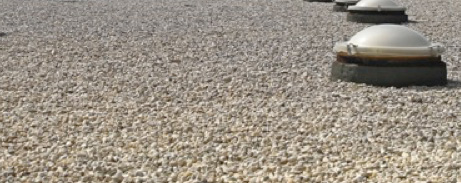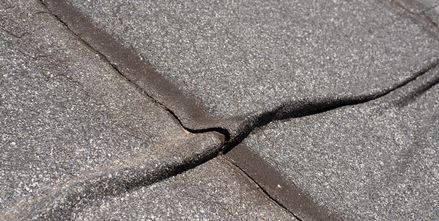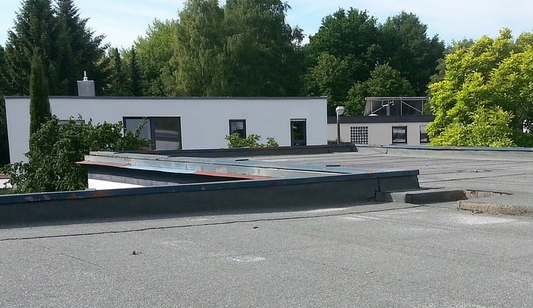When faced with intricate roofing challenges, liquid applied membranes emerge as a revolutionary solution that addresses the complexities of modern architectural designs.
This innovative roofing technology offers unparalleled versatility and performance, particularly for structures with complex geometries and multiple penetrations.
Understanding Liquid Applied Membranes
Liquid applied membranes are monolithic, fully-bonded coatings that cure to form a rubber-like elastomeric waterproof membrane. This seamless application method creates a continuous barrier that eliminates the vulnerabilities typically associated with traditional roofing systems.

Superior Adaptability to Complex Designs
Conforming to Any Shape
One of the most significant advantages of liquid waterproofing systems is their ability to conform effortlessly to various rooftop shapes, profiles, and moldings. This characteristic eliminates the need for pitch pans and metal sleeves, making them ideal for:
- Irregular roof geometries
- Multiple penetrations
- Limited access areas
- Complex architectural details
Substrate Versatility
These systems demonstrate remarkable adhesion to diverse substrates, including:
- Concrete
- Metal
- Wood
- Existing bituminous rooftops
- Limestone
- Copper
- Aluminum
- Glass
- Terracotta
Installation Benefits
Seamless Application
The liquid nature of these membranes enables a truly seamless installation process. Unlike traditional roofing systems with multiple joints and seams, liquid applied membranes create a continuous waterproof barrier. This seamless quality is particularly valuable for complex roof designs where traditional seaming might create vulnerable points.
Time and Cost Efficiency
The installation process offers several advantages:
- No tear-off required in most cases
- Reduced labor costs
- Minimal downtime
- Quick application and curing
- Ability to apply primer and membrane on the same day
Performance Advantages
Weather Resistance
Liquid applied membranes provide exceptional protection against various weather conditions:
- Enhanced rain resistance
- UV stability
- Temperature fluctuation tolerance
- Immediate rain resistance after application
Durability and Longevity
When properly installed and maintained, these systems can deliver:
- 20-30 years of service life
- Minimal maintenance requirements
- Superior waterproofing performance
- Excellent UV resistance
Environmental and Energy Benefits
Sustainability Features
Liquid applied membranes contribute to environmental sustainability through:
- Reduced waste (no tear-off required)
- Low-VOC formulations available
- Potential LEED certification points
- Energy-efficient properties
Problem-Solving Capabilities
Addressing Common Roofing Challenges
Liquid applied membranes excel at solving various roofing issues:
- Water pooling prevention
- Crack and gap filling
- Complex detail waterproofing
- Penetration sealing
Best Applications
Ideal Scenarios
Liquid applied membranes are particularly suitable for:
- Commercial buildings with complex HVAC systems
- Industrial facilities requiring chemical resistance
- Buildings with numerous roof penetrations
- Structures with irregular roof shapes
- Projects requiring minimal disruption
Implementation Considerations
Proper Preparation
Success with liquid applied membranes requires:
- Thorough surface preparation
- Appropriate substrate priming
- Professional application
- Attention to detail during installation
Conclusion
For buildings with complex roof details, liquid applied membranes such as Sikalastic represent a superior solution that combines versatility, durability, and performance. Their seamless application, ability to conform to any shape, and excellent weathering properties make them an ideal choice for challenging roofing projects. As building designs become increasingly complex, the demand for such adaptable and reliable roofing solutions will continue to grow, positioning liquid applied membranes as a leading choice for modern construction and renovation projects.




